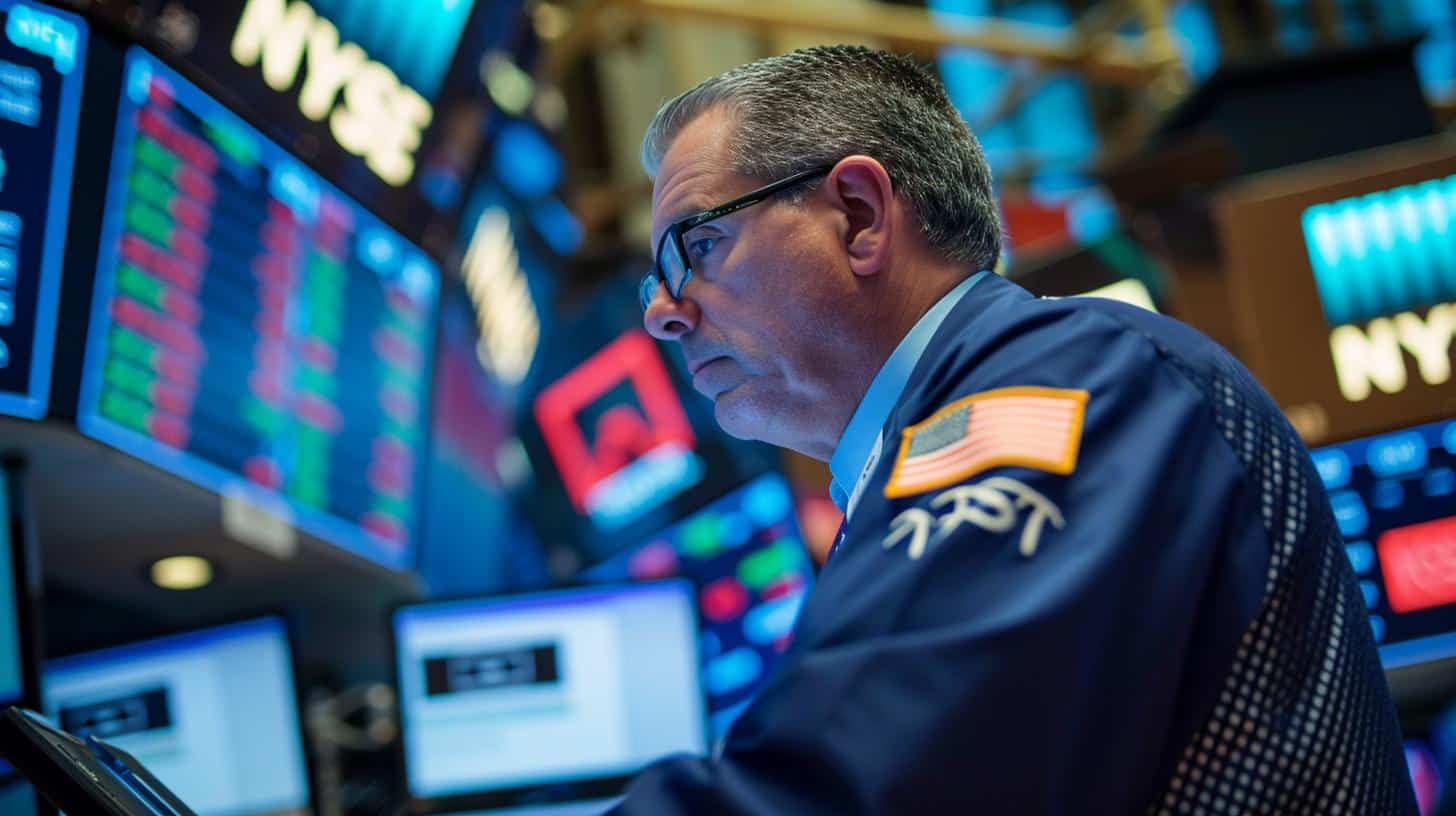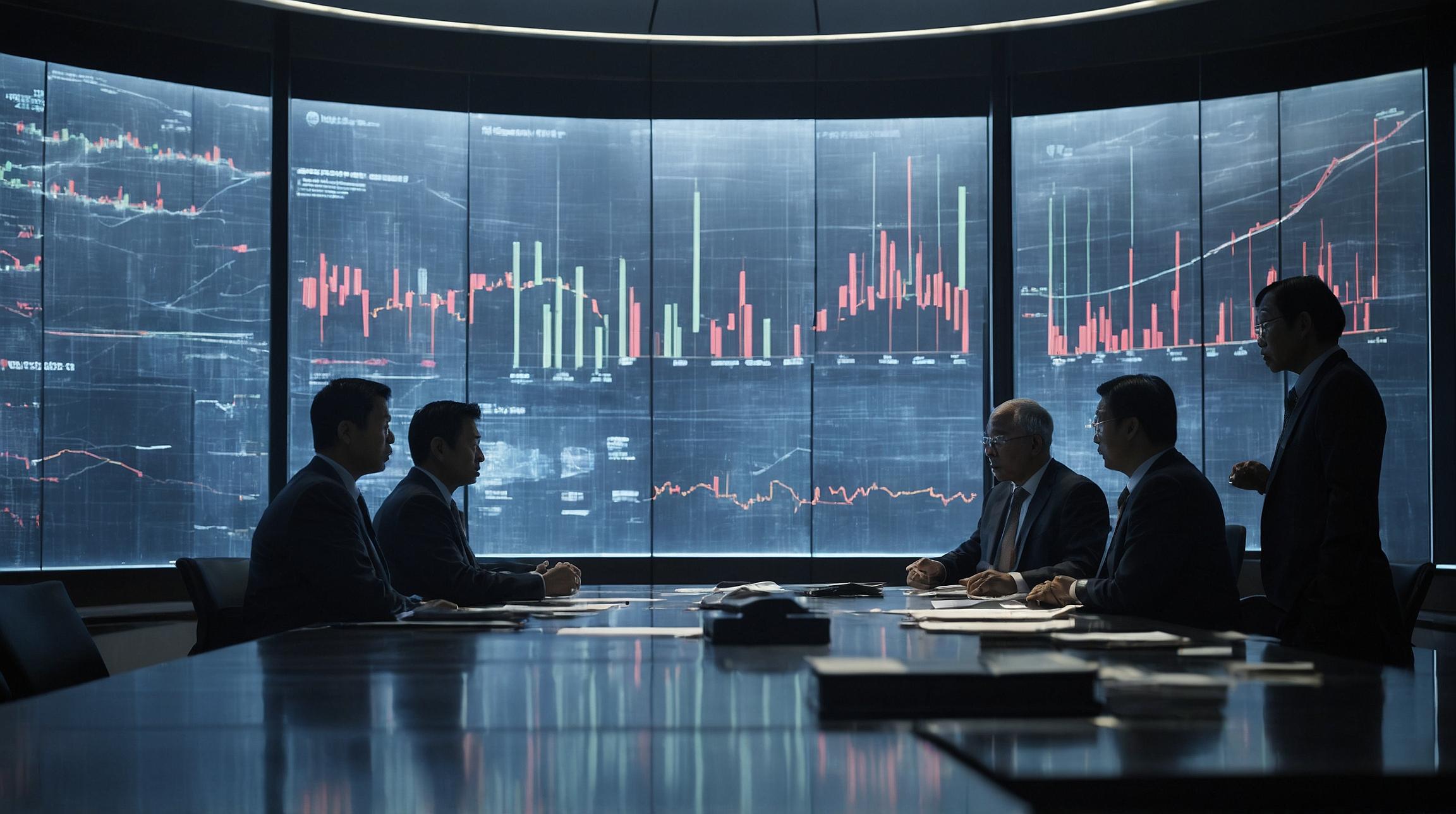U.S. and Japan Agree on Profit Sharing for $550 Billion Investment Projects
U.S. Secretary of Commerce Howard Lutnick detailed the profit-sharing arrangement between the United States and Japan under a recent trade agreement. Japan has committed $550 billion to fund American-based projects selected by the U.S. government, with profits from these ventures initially split equally until Japan recoups its investment.
Following recoupment, the profit-sharing structure will shift significantly in favor of the U.S., with 90% of profits retained domestically and 10% allocated to Japan. “After that, it’s 90/10, in favor of America,” Lutnick stated during a September 11 interview on CNBC’s “Squawk on the Street.”
Investment Selection and Funding Process
An investment committee will identify suitable projects for funding from Japan’s capital allocation. Upon approval by President Donald Trump, the U.S. will initiate construction and issue a “capital call” to Japan, which may require borrowing to finance the investments. Lutnick acknowledged this strain on Japan’s balance sheet but emphasized that Japanese taxpayers should not bear long-term costs if the investments perform as expected.
“For their country’s perspective, it’s a good deal,” Lutnick said, noting that Japanese consumers would also benefit from reduced tariff rates under the agreement.
Strategic Priorities and Broader Trade Context
The investment aims to bolster domestic manufacturing sectors crucial to U.S. economic interests, including nuclear power facilities and antibiotic production. This initiative coincides with ongoing legal challenges to several of President Trump’s tariffs, with the Supreme Court set to hear arguments in early November regarding the legality of some of the administration’s most stringent levies.
Overall, the deal reflects a strategic attempt to balance tariff enforcement with incentivized investment to support American industry while managing bilateral trade tensions.
FinOracleAI — Market View
The announcement of profit-sharing arrangements tied to Japan’s $550 billion investment is likely to have a positive short-term market impact. The deal provides a substantial capital influx to U.S. manufacturing, supporting sectors prioritized by policymakers and potentially stimulating economic growth. However, risks remain around Japan’s ability to finance the investments without destabilizing its fiscal position and ongoing legal uncertainties surrounding tariffs.
Investors should monitor the implementation of the investment projects and the Supreme Court’s upcoming tariff rulings, which could affect the broader trade environment and the deal’s sustainability.
Impact: positive













